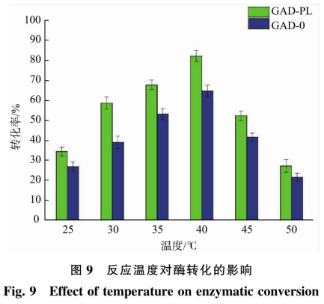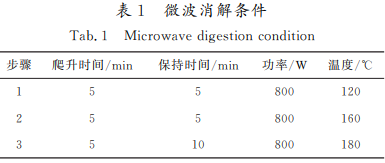前言:答:歌名:《谁》 演唱:小柯 作词:小柯 作曲:小柯 歌词: 遇见你的我,碰到我的你 在同样的深夜里,写了同样的日记 望着你的我,望着我的你 在同样的时光里,问着同样的问题 谁在等你,你在等着谁 谁在等我,我在等着谁的我 忘了我的你,在同样的...答:歌曲《谁
网友解答:歌名:《谁》 演唱:小柯 作词:小柯 作曲:小柯 歌词: 遇见你的我,碰到我的你 在同样的深夜里,写了同样的日记 望着你的我,望着我的你 在同样的时光里,问着同样的问题 谁在等你,你在等着谁 谁在等我,我在等着谁的我 忘了我的你,在同样的...
网友解答:歌曲《谁》 演唱:小柯、老狼 作词:小柯 作曲:小柯 编曲:小柯 歌词 遇见你的我,碰到我的你 在同样的深夜里,写了同样的日记 望着你的我,望着我的你 在同样的时光里,问着同样的问题 谁在等你,你在等着谁 谁在等我,我在等着谁 忘了你的我...
网友解答:谁 将爱情进行到底片尾曲谢雨欣唱 (独白) http://www.lthps.cn/ltjx/music/shui.mp3 遇见你的我 碰到我的你 在同样的深夜里 写了同样的日记 望着你的我 望着我的你 在同样的时光里 问着同样的问题 谁来等你 你在等着谁 谁来等我 我在等着谁 忘了...
网友解答:是 《温柔在左边体贴在右边》 上百度搜才行 kugoo现在都没有 给分么
网友解答:”你在等待着谁“这首歌的歌名是《等不到的爱》。《等不到的爱》是电视剧《裸婚时代》的主题曲,是樊凡演唱的歌曲,由樊凡作曲,易善佑作词。 歌名:《等不到的爱》 作词:易善佑 作曲:樊凡 演唱:樊凡 所属专辑:《裸婚时代原声带》 发行时间:2...
网友解答:应该是歌曲《等不到的爱》。 《等不到的爱》是电视剧《裸婚时代》的主题曲。 等不到的爱 歌手:樊凡 作曲:樊凡 作词:易善佑 你深邃的眼眸想要透漏什么密码,犹豫的嘴角躲在严肃的背影下 压抑的空气回绕闭塞的城堡里,谜一般的天鹅有你说不尽的...
网友解答:歌曲:谁 歌手:小柯 孙琦 专辑:《2011金钟奖》 遇见你的我 碰到我的你 在同样的深夜里 写了同样的日记 望着你的我 望着我的你 在不同的时光里 问着同样的问题 谁在等你 你在等着谁 谁在等我 我在等着谁 想念你的我 想念我的你 在不同的岁月里 ...
网友解答:DV剧??? 不是《将爱情进行到底》么 那歌就是片尾曲《谁》 谢雨欣唱的
网友解答:歌曲:谁 歌手:谢雨欣
网友解答:歌曲名:谁 歌手:谢雨欣 专辑:你能让我上天入地-荣事达 谁 ( 独白)遇见你的我 碰到我的你 在同样的深夜里 写了同样的日记 望着你的我 望着我的你 在同样的时光里 问着同样的问题 谁来等你 你在等着谁 谁来等...

《想飞的女孩》杀青曝海报 刘浩存文淇首度合体

谷氨酸脱羧酶在枯草芽孢杆菌中的表达及应用(三)

原子吸收石墨炉法测定圆白菜中铬含量结果的不确定度评定(一)

谷氨酸脱羧酶在枯草芽孢杆菌中的表达及应用(三)

豪情短篇深夜鸡汤感情漫笔?治愈系电台文本少篇

杀菌工艺对蓝莓果汁品质的影响(二)